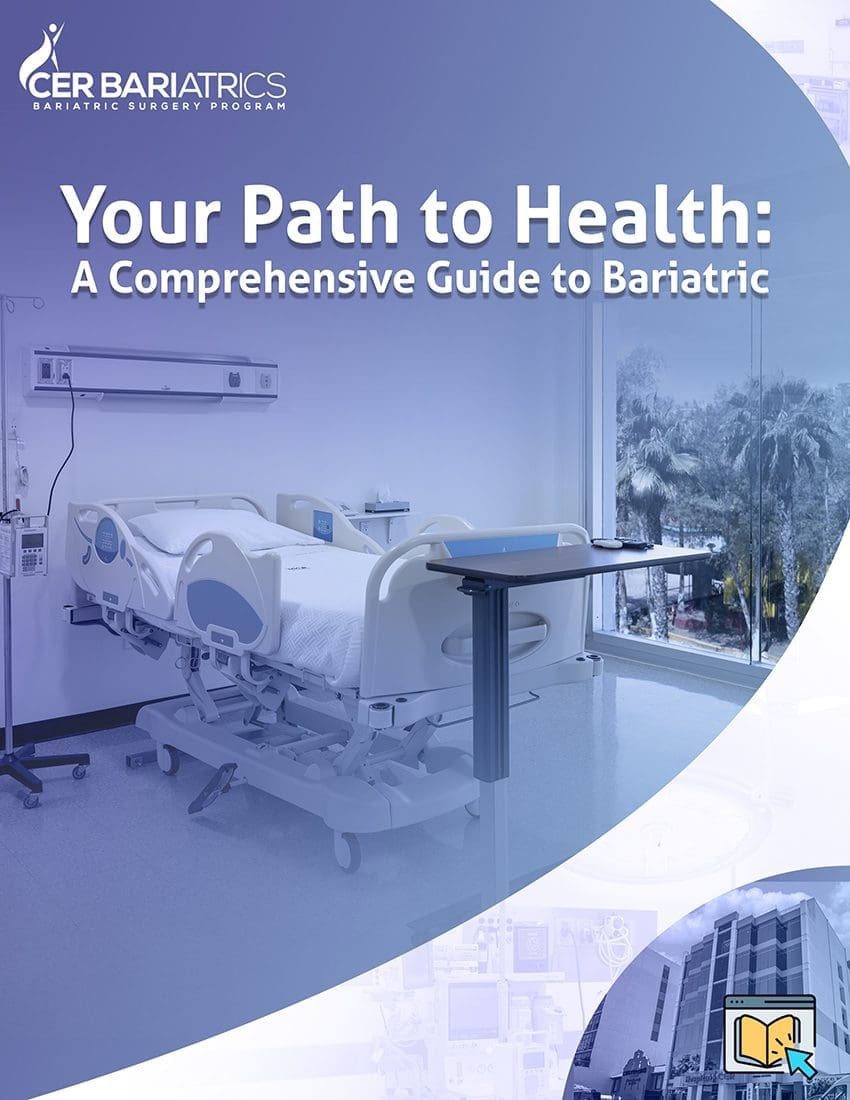Knowing How Medicare Works for Weight Loss Surgery
Figuring out if Medicare helps pay for weight loss surgeries, like the ones at CER Bariatrics, can be a bit tricky. We’re here to explain whether Medicare covers these important procedures, making it easier for you to understand.
Medicare, a government health insurance plan, sometimes covers certain types of weight loss surgeries. But, there are conditions that need to be met to be eligible for this coverage. Let’s break it down to make it simpler for you to understand.
Qualifying for Medicare Coverage
- BMI Requirement: To qualify, you usually need a Body Mass Index (BMI) of 35 or higher.
- Medically Necessary: The surgery should be necessary for dealing with health issues linked to obesity, such as diabetes or high blood pressure.
- Required Documents: You’ll need medical records and recommendations from your doctor to be eligible.
Kinds of Weight Loss Surgeries Covered
Medicare might cover a few types of weight loss surgeries:
- Gastric Bypass Surgery
- Gastric Sleeve Surgery
- Adjustable Gastric Banding (Lap-Band)
However, the coverage might differ based on the Medicare plan you have or where you live. So, it’s good to talk to a healthcare provider or someone who knows about Medicare to understand what’s covered.
Costs and Limits of Coverage
- Medicare Part A and Part B: These parts of Medicare might help pay for different parts of the surgery.
- Deductibles and Co-pays: Even if Medicare helps with the cost, you might still have to pay deductibles or co-pays.
- Lifetime Limits: Medicare might have some limits on how many times they’ll pay for these surgeries.
Other Things to Think About for Medicare Coverage
- Getting Approval and Papers Ready: You’ll need to have the right papers and get approval to make sure Medicare covers your surgery.
- Extra Insurance: Other insurance plans might help pay for things that Medicare doesn’t cover.
- Redoing Surgeries and Problems: If there are problems or you need more surgeries later, Medicare might still help cover them.
How to Start
If you’re thinking about having weight loss surgery at CER Bariatrics and want to know about Medicare covering it, here’s what you can do:
- Talk to CER Bariatrics: Set up a chat to talk about your choices and health history.
- Ask Medicare: Get in touch with Medicare to know about what your plan will help pay for.
- Get Your Papers Ready: Collect all the papers and info you need to show that you can get coverage.
In Summary
Figuring out if Medicare will cover weight loss surgery is really important when you’re making choices about your health. At CER Bariatrics, we’re here to help our patients through this process. Remember, while Medicare often helps pay for these surgeries, meeting the rules and understanding what’s covered is key. Talking to both your doctors and people who know about Medicare can help you get clear answers and support as you start this life-changing journey.
By learning about what Medicare covers, you’re taking the important steps to reach your health goals with confidence and help from the experts at CER Bariatrics.
Exploring Further Details about Medicare Coverage and Weight Loss Surgeries
When it comes to Medicare and weight loss surgeries, understanding specific terms and the procedure’s intricacies is crucial. Let’s delve deeper into certain important aspects related to this topic, taking into account the provided keywords.
Body Mass Index (BMI) and Eligibility
BMI, a measure of body fat based on height and weight, plays a crucial role in qualifying for weight loss surgery coverage. Medicare often requires a BMI of 35 or higher to consider these surgeries as necessary for addressing health issues associated with obesity, such as diabetes or high blood pressure.
Types of Weight Loss Surgeries Covered by Medicare
Medicare frequently covers various types of weight loss surgeries, including the Roux-en-Y Gastric Bypass and other procedures like gastric sleeve surgeries. These surgeries work by reducing the amount of food the stomach can hold, leading to feeling full sooner and promoting weight loss.
Understanding the Roux-en-Y Gastric Bypass
The Roux-en-Y Gastric Bypass is a surgical procedure that involves creating a small pouch from the upper part of the stomach. This smaller pouch limits the amount of food you can eat. The surgeon then connects this new stomach pouch directly to the small intestine, bypassing a large part of the stomach and the first part of the small intestine.
Impact on Health Conditions and Quality of Life
These surgeries can greatly impact health conditions associated with obesity, such as heart disease or diabetes. By promoting weight loss and altering the digestive system, these procedures often lead to improvements in health and quality of life for many individuals.
Medicare Parts A and B: Hospital Stays and General Anesthesia
Medicare Part A typically covers hospital stays associated with weight loss surgeries, while Part B takes care of outpatient services. These surgeries are usually performed under general anesthesia, and Medicare covers these procedures when deemed medically necessary.
Costs, Premiums, and Coverage
Medicare coverage may include some costs related to these surgeries, but it’s essential to be aware of deductibles, co-pays, and any lifetime limits that might exist. Medicare may require monthly premiums for coverage, and these premiums can vary depending on the plan.
Additional Considerations and Preparing for Surgery
Before undergoing weight loss surgery, it’s important to discuss with healthcare providers the impact on feeling full after the surgery, the potential need for prescription drugs due to surgery-related changes, and possible revisions or complications that Medicare might cover.
Conclusion
Understanding the relationship between Medicare coverage and weight loss surgeries involves comprehending how these surgeries work, their impact on health conditions, and the coverage provided by Medicare. Weight loss surgeries can significantly improve the quality of life for individuals dealing with obesity-related health problems like heart disease, diabetes, or high blood pressure.
By exploring the specifics of these surgeries, including their effects on the digestive system and the coverage provided by Medicare, individuals can make informed decisions about their health and well-being. Consulting with healthcare providers and thoroughly understanding Medicare’s coverage specifics are vital steps in pursuing these life-transforming surgeries.
Feeling stuck?
- Check Your Bariatric Surgery Eligibility Now!
Ready for a Healthier You? Review Your Bariatric Surgery Case Today!
Take the first step towards a healthier, happier you by reviewing your bariatric surgery case. Fill out our quick and easy Surgical Eligibility Form to see if you’re a candidate for life-changing weight loss surgery. Your journey to better health starts here!
Related Post
Learn how to kickstart your weight loss journey











